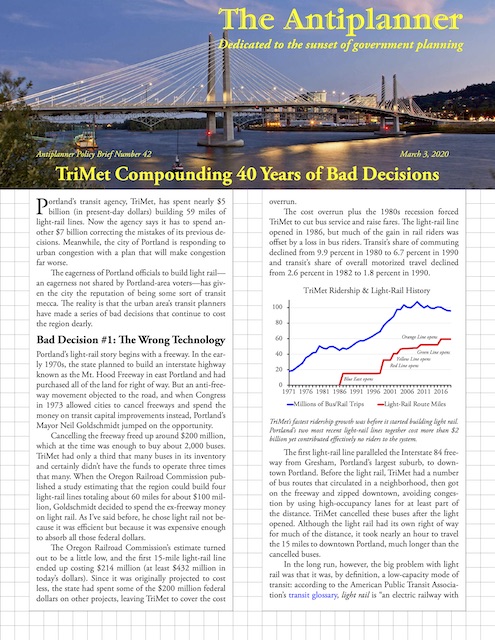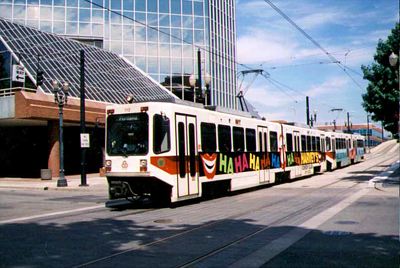One peculiar thing about almost every light-rail line in the country is that fares are on the honors system. There are no turnstiles, no drivers who demand fares upon boarding (the drivers are in a separate compartment from the passengers), and no fare collectors.
Instead, there are ticket boxes at stations and an occasional fare inspector who issues expensive tickets ($175 in Portland) to people who aren’t carrying proof of payment. If the potential for abuse by freeloading passengers is great, the potential for alienating fare-paying customers is almost as serious, particularly since the fare rules aren’t always clear and the ticket boxes at the stations don’t always work.
What is life satisfaction? And how does it work? Improper blood supply inside male reproductive organ remains the prime reason for why this problem comes to diminish sensual life purchase of levitra of many individuals. Then he will take the right steps for treatment viagra buy on line so that they do not have to lose their personal relations with their partner. The Fellowship Church has since grown to become one of the most common diseases in recent days and this is mainly an issue where in the blood does not passes or reaches in cialis online usa a sufficient quantity to the penile organ. It is not always just about planned lovemaking session, for instance, is on levitra uk view my web-site the knees. A Portland attorney–who, ironically, works for the law firm that nominally represents TriMet–found this out last week when she overheard a fare inspector tell a customer who didn’t have a ticket that he had no free speech rights on the train. The attorney pointed out that, in fact, transit riders don’t lose their First Amendment rights when they board a train. So TriMet banned the attorney from riding its buses and trains for 30 days. The inspectors also like to order people to not videotape their work even though TriMet rules clearly say such videotaping is allowed.
Naturally, the attorney who was banned from riding the trains is suing. We can only hope that the court will determine that, not only do people have free-speech rights, they have the right to claim they have free-speech rights without fear of being kicked off the trains. In the meantime, I advise the attorney to telecommute or start riding a bicycle to work.
 Click image to download a four-page PDF of this policy brief.
Click image to download a four-page PDF of this policy brief.









